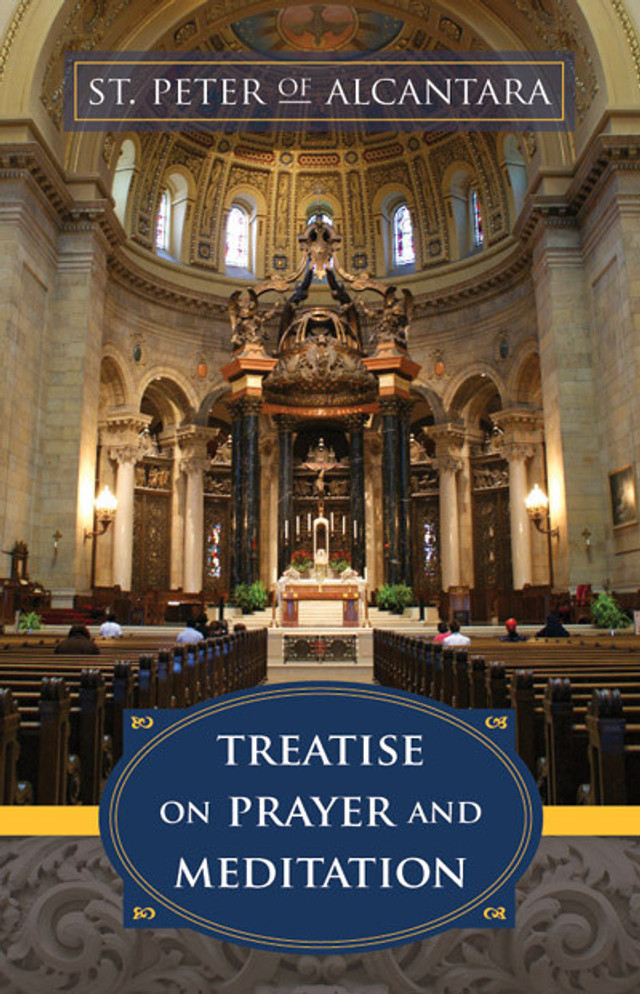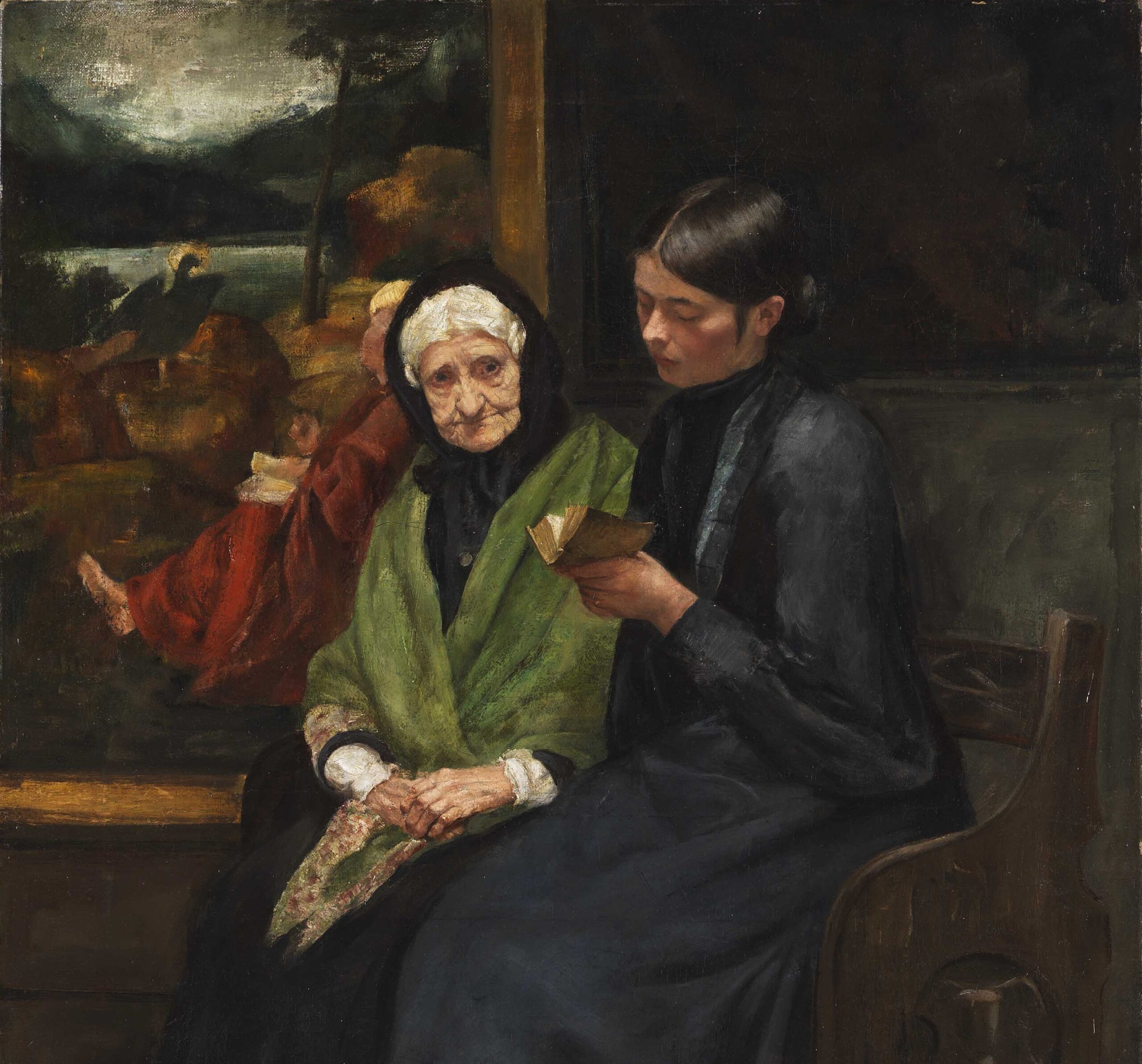Saint Peter of Alcantara warns that devotion can easily be lost through sin, excessive worry, worldly distractions, and overindulgence in comfort or curiosity. He identifies ten specific hindrances—from scruples and bitterness to too many occupations or interruptions—that disturb the soul’s peace and weaken prayer. True devotion, he teaches, requires simplicity, discipline, and constancy, for once the spirit of devotion departs, it returns only with great effort.
Just as there are certain things which help with devotion, so there are others which impede it. Among the latter,
[1.] Sin
Sin is the first, and not merely mortal sin, but venial sins also; for these, although they do not deprive us of charity, diminish the fervor of charity, which is practically the same thing as devotion. Consequently, we should be very much on our guard against them, not so much for the evil they work in us as for the great good of which they despoil us.
[2.] Remorse of Conscience
A second hindrance is the remorse of conscience, when it is excessive, which proceeds from these sins, for it disturbs and casts down the soul, frightens it and makes it unfit for every good work.
[3.] Scruples
Scruples, for the same reason, constitute another hindrance. They are like thorns, allowing the soul no rest, so that it can neither repose in God nor enjoy true peace.
[4.] Bitterness and Sourness of Heart and Unreasoning Depression
Every kind of bitterness and sourness of heart and unreasoning depression are also hindrances, for then one can hardly relish the taste and sweetness of a good conscience and of spiritual joy.
[5.] Worry
Overmuch worry is a further hindrance. Cares are like the flies of Egypt, (Cf. Exodus 8:24), which distress the soul and prevent it from enjoying that spiritual rest which is experienced in prayer. It is precisely then, more than at other times, that they disturb the soul and turn it away from this exercise.
[6.] Occupations
Too many occupations are also a hindrance, for they take up a lot of time, stifle the soul, and leave a man without leisure or heart for divine things.
[7.] Pleasure and Worldly Consolations
Pleasure and worldly consolations, if indulged in to excess, hinder a man from prayer. “He who devotes himself overmuch to the delights of the world,” says St. Bernard, “does not deserve those of the Holy Spirit.” (Sermon 5, In Nat. Domini).
[8.] Delicacy and Abundance in Food and Drink
Delicacy and abundance in food and drink form another hindrance, and especially long-drawn-out meals. These are a very bad foundation for spiritual exercises and devout watching. When the body is weighed down and charged in excess with food, the soul is very unfitted to soar aloft.
[9.] Curiosity
The vice of curiosity in the senses and in the intellect is a hindrance too. Seeking to hear and see all sorts of things, wishing to have about oneself things that are pretty or quaint or wonderfully worked, all this takes up time, embarrasses the senses, disturbs the soul and diverts it in every direction, and thus impedes devotion.
[10.] Interruption
Finally, any interruption of these holy exercises, unless for a good and pious reason, is a hindrance, for as a learned writer says, the spirit of devotion is something very delicate, and once it goes, it either does not return at all, or at least only after much difficulty. As a tree needs water and the human frame its regular nourishment—in default of which they wither and weaken and die—so it is with devotion when the waters of consideration and its nourishing force are withdrawn from it.
All this has been said very summarily, that the memory may be better able to retain it. Its truth will become apparent to anyone who is ready to give a good trial to these exercises.
ooo
This article is taken from a chapter in Treatise on Prayer and Meditation by Saint Peter of Alcantara which is available from TAN Books.









